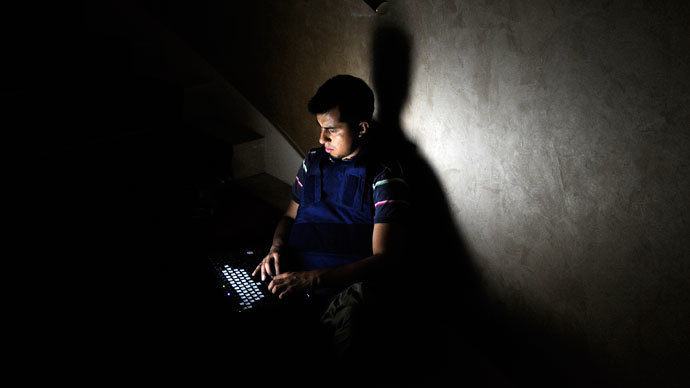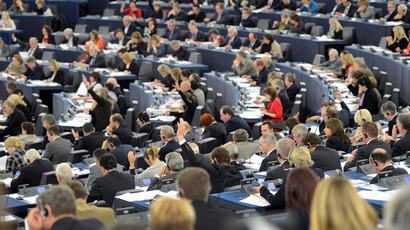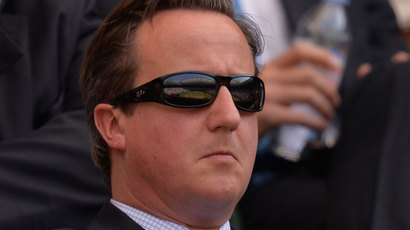UK’s new online porn filters also blocking sex ed and health websites - report

Pornography filters the British government required major internet service providers to install seem to be working a little too well, blocking websites that supply sex ed, sexual health information and treatment for porn addiction, the BBC reported.
The four major internet companies in the UK have begun to introduce the mandatory filters to users based on a government edict. In the process, sex education and health sites have been caught up in the compulsory system’s net.
At the same time, the BBC found all major ISPs that have unleashed full default filters are not completely blocking hardcore porn sites.
BT unveiled its filter this week, Sky enacted its own last month and Virgin has a pilot program ahead of a full launch in 2014. TalkTalk has had a filter in place since May 2011.
British PM David Cameron announced in July that all UK households are to have their access blocked to online pornography unless they choose to ‘opt in.’ He called the "family-friendly" filters important to keep children from "stumbling across hardcore legal pornography.”
By the end of next year, households will have to accept or decline an automatic porn filter.
BishUK.com, a major British sex education site that receives over a million hits per year, was blocked by TalkTalk’s filter, as was the Edinburgh Women’s Rape and Sexual Abuse Center’s website.
TalkTalk’s shield, endorsed by Cameron, failed to block seven percent of the 68 porn websites tested by BBC’s Newsnight.
"Sadly there is no silver bullet when it comes to internet safety and we have always been clear that no solution can ever be 100 percent,” a TalkTalk spokesperson said. “We continue to develop HomeSafe and welcome feedback to help us continually improve the service."
Sky’s filter blocked 99 percent of sites tested, but it also blocked six porn-addiction sites.
BT disallowed access to sites such as Sexual Health Scotland, Doncaster Domestic Abuse Helpline, and Reducing The Risk, a site focused on domestic abuse.
"Categorizations are constantly updated to keep pace with changing content on the internet and we will investigate any concerns and make changes as necessary,” a BT spokesperson said.
The four companies will fund a US$40 million ad campaign in 2014 to explain the filters and how to protect children’s online usage. Some believe the moves do not go far enough to keep porn from kids.
"It's great that the four ISPs have got together and are doing an awareness-raising campaign. But it isn't even starting to be enough,” said Victoria Shotbolt, chief executive of the Parent Zone. "We're focusing so heavily on filters and all of the ISPs having them and public wi-fi having filters that the message getting through to parents is that those filters will do the job."
Justin Hancock, who runs BishUK, did not know his site was blocked by some filters.
"It's really frustrating because I'm trying to provide a sex education site for young people and it's hard enough directing young people to good quality information on the internet,” he said. "They might fix my site in the short-term but what about all the other sites that are out there for young people, not just sex education sites…who are TalkTalk to say what is allowed and isn't?"
The UK Council for Child Internet Safety is aware of some over-blocking and has created a working group to address what can be done, the BBC reported.
Last month, Google announced it would install measures to block over 100,000 online search results linked to child abuse worldwide. Microsoft said it intends to join Google in its effort.
The move followed a pressure campaign in the UK led by British PM Cameron.
“We've listened, and in the last three months put more than 200 people to work developing new, state-of-the-art technology to tackle the problem,” Google Executive Chairman Eric Schmidt wrote in a Daily Mail op-ed.














